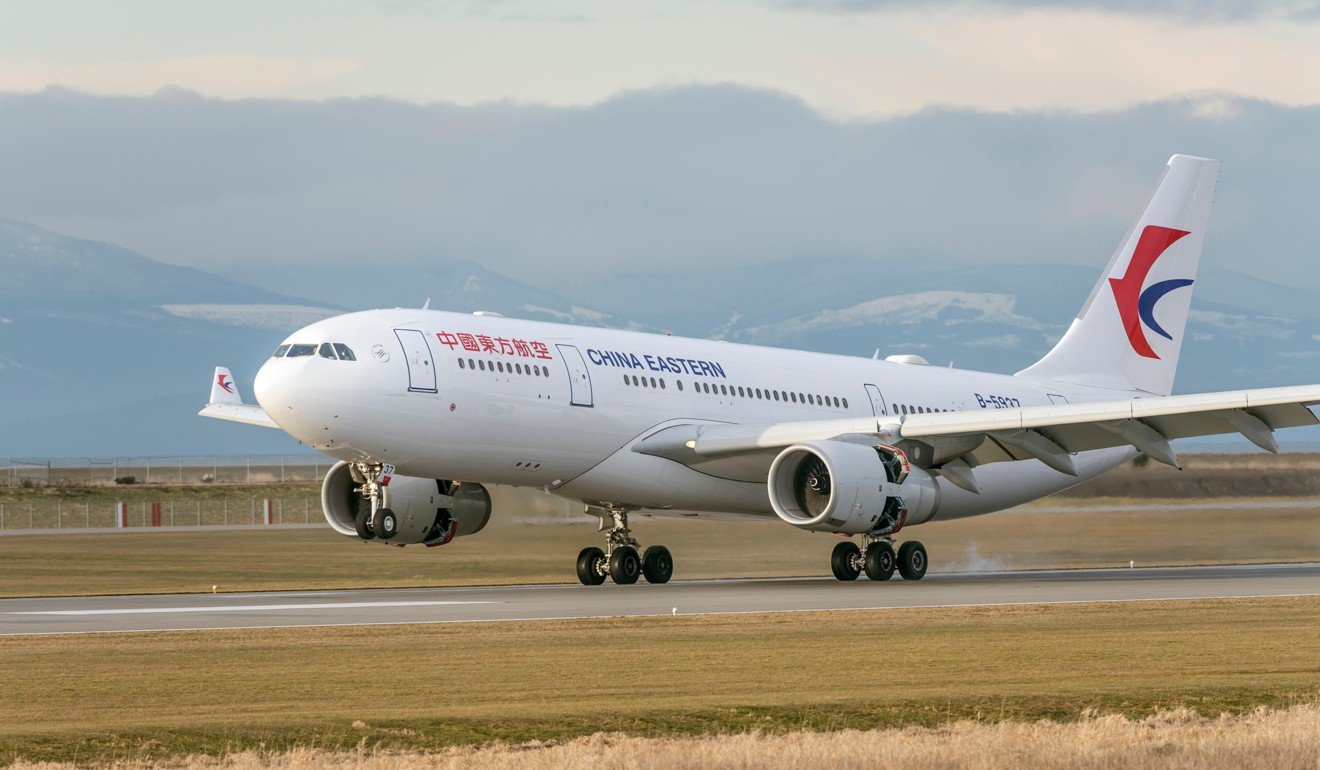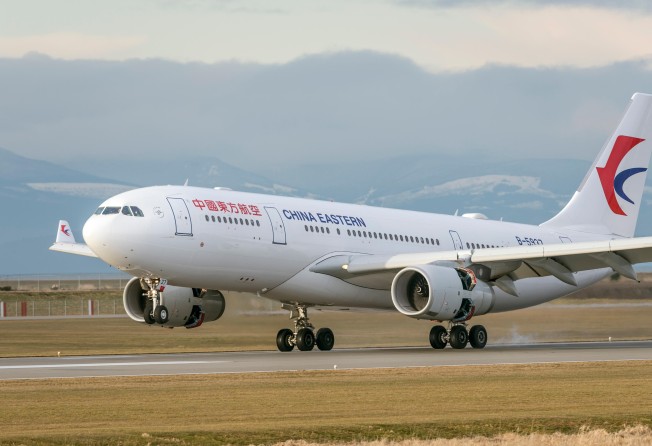
Chinese airlines hurt by weak yields on overseas route networks

Mainland Chinese haven’t quite caught the travel bug in the way that major Chinese airlines were expecting.
In fact, China’s three major airlines have struggled to fill seats on their expanded overseas route networks, as indicated by the weak yields on many international destinations.
One problem is that airline capacity has outstripped the growth in outbound tourism, leading to softness in a key airline yield metric that measures the earnings from flying a passenger 1 kilometre, according to Deutsche Bank.
During the past six years, China’s international flight passenger capacity has almost tripled, while capacity continues to grow by around 15 per cent annually.
“Capacity expansion on China’s international routes, including those by foreign airlines, will grow at about 15 per cent this year and slightly ahead of the traffic growth,” said Vincent Ha, an analyst at Deutsche Bank. “International yields will remain soft this year for the big three airlines as competition is increasing,” he said, referring to Air China, China Eastern Airlines and China Southern Airlines.
As growth in international passenger traffic tapers off, low-cost carriers have entered the picture, adding capacity at low fares. The result has been downward pressure on ticket prices on many routes.
International flight ticket prices could stay soft in 2017, undermined by additional route openings and fleet structures optimization by wide-body aircraft, Ha added.
Meanwhile Chinese airlines are enjoying good times on domestic routes, where yields have been resilient, thanks to stronger-than-expected demand.

“Going forward, we now expect a low-to-mid-single-digit increase in domestic ticket prices, given solid demand and the domestic airfare liberalisation for some routes,” Ha said.
Still, yields on domestic routes could be under pressure, according to Crucial Perspective, a consultancy specialising in the transportation sector. They noted that planned capacity growth on domestic routes in the third quarter is set to rise 14 per cent on year.
“If not matched by a corresponding rise in domestic passenger travel demand, the Chinese airlines may have to offer more promotional fares to fill up the additional capacity, which could hurt passenger yields on domestic routes,” said analysts at Crucial Perspective in a report.
However, Deutsche Bank analysts said that fuel prices, which are expected to remain basically stable, should provide a financial tail wind, even as pressure from foreign exchange losses remain a factor.
Deutsche Bank said Singapore jet kerosene prices should average US$64 per barrel in 2017, US$69/bbl in 2018 and US$72/bbl in 2019, noting that additional crude oil supplies from the US, Libya and Nigeria should begin entering the global market in 2018.
Foreign exchange losses should abate as the big three airlines have been cutting their US dollar debt exposure, lowering it from a peak of 70 per cent to under 50 per cent by the end of 2016.
“Together with the slower pace in yuan depreciation, we now see more upside potential to reported earnings in the finance year of 2017 to 2019, on lower foreign exchange losses, and we raise net profit forecasts for the big three airlines by 16 per cent on average.” said Ha. “However, we think that this should not completely mask the fact that airlines are going to report lower operational profit this year, on soft international yields and higher fuel prices.”
Deutsche Bank said it was optimistic on the long term outlook for the major Chinese airlines.
“Air China is the most fundamentally sound airline, with diversified growth in different routes and a good yield management track record,” said Ha. “But its earnings potential will likely be capped by the weakness of Cathay Pacific.”
Air China has a 30 per cent stake in Hong Kong’s flag carrier, which lost HK$575 million last year. Deutsche Bank has a hold rating on Air China, meaning that investors should not expect a materially positive return, nor a negative one.
China Eastern Airlines can expect support in the form of a further ramp up in international passenger traffic for its newer routes.
“We also see upside potential from its low cost carrier unit, China United Airlines,” Ha added. “All of these factors should still translate into an improvement in its earnings outlook, and, hence, we maintain our buy rating on China Eastern.”
China Southern Airlines is still subject to increasing competition in Southeast Asia, Australia and New Zealand routes from other airlines, including budget carriers.
Deutche Bank has a hold rating on the airline’s Hong Kong-listed shares, saying more time is needed to see if a tie-up with American Airlines produces expected synergies.